During the half-term break, I was one of 10 IB students who had the chance to visit the oldest IB school in India as part of a CAS project. It was a unique experience that allowed us to explore both the busy city life of Mumbai and the peaceful nature of Kodaikanal while working on meaningful projects.
A Day in Mumbai
We arrived in Mumbai on Saturday and spent the day touring the city before heading to Kodaikanal for the week. Mumbai is a city full of life, with a mix of colonial-era buildings, modern skyscrapers, and busy markets. Even though our time there was short, it gave us a first impression of India’s vibrant culture. During our tour, we visited Dhobi Ghat, the world’s largest open-air laundry, where hundreds of workers wash clothes by hand in endless rows of concrete wash pens. The scale and organisation of the place were incredible.
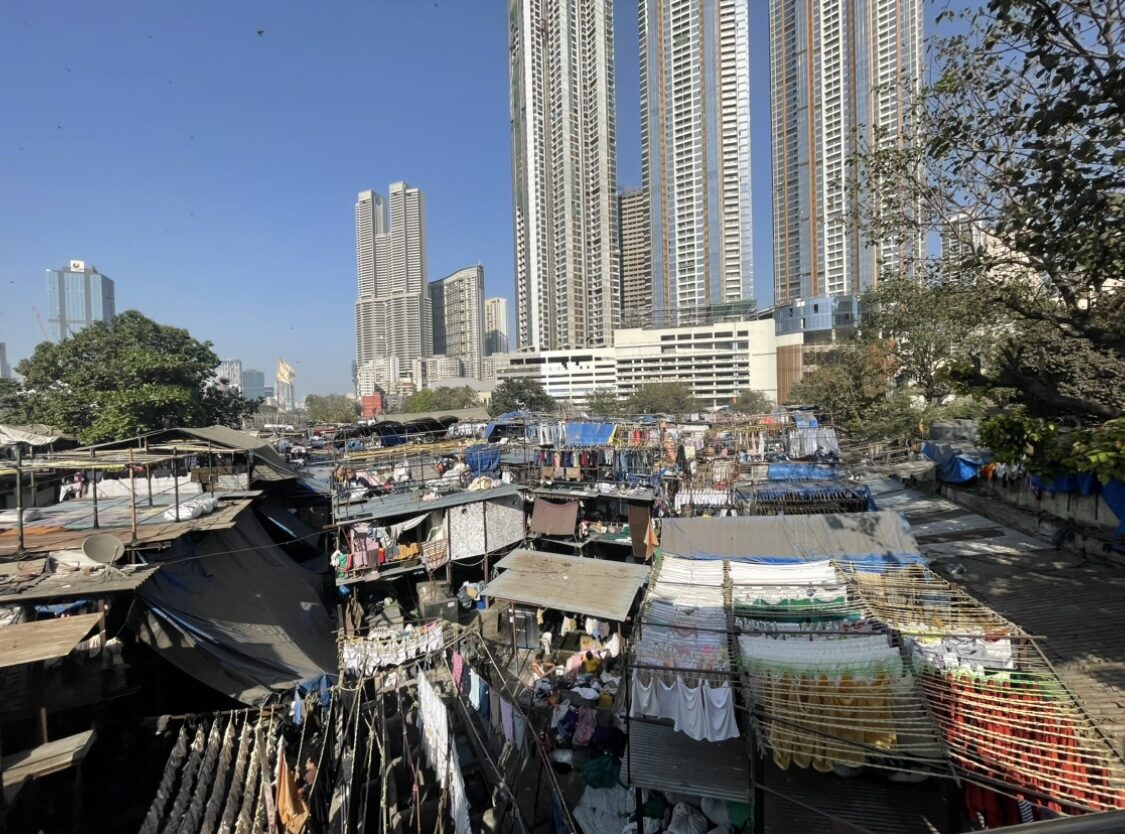
We also saw Antilia, the extravagant 27 story home of Mukesh Ambani, one of the richest men in the world. Another memorable stop was the church where Mother Teresa once visited, a historically significant site that reflects her deep connection to India.
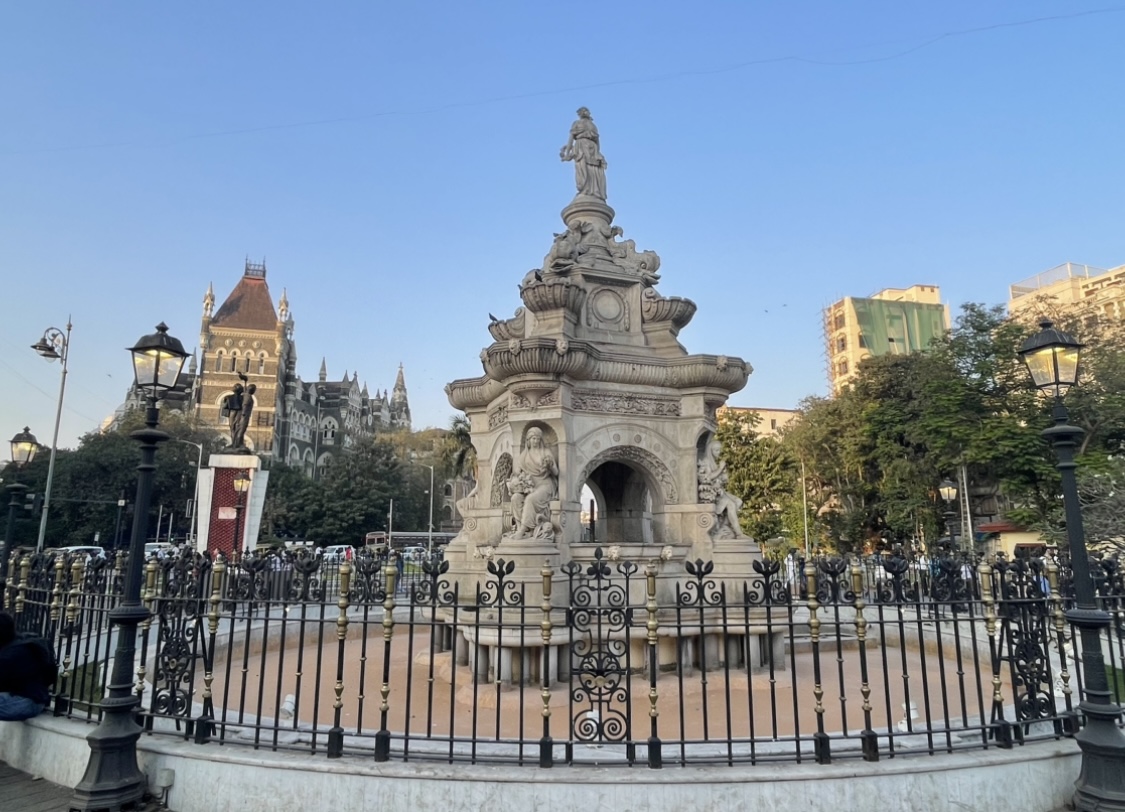
Kodaikanal: Nature, History, and Culture
On Sunday, we travelled to Kodaikanal, a beautiful hill station in Tamil Nadu. Our visit was centred around the oldest IB school of India, Kodaikanal International School, where we met students who will join us in Oxford later this year as a second part of the exchange between our schools.
Throughout the week, we explored the surrounding area while working on our CAS projects, which focused on topics like the environment, water, tourism, and migration. As part of these projects, we examined common challenges and situations related to these themes in both Oxford and Kodaikanal. For instance, in the water project, we explored the mercury contamination of Kodaikanal Lake caused by Unilevers unsustainable business practices and compared it to water related issues in Oxford.
When the Kodaikanal students come to Oxford in June, we will continue the exchange by focusing on the Oxford side of these projects, exploring how these themes play out in our own community.
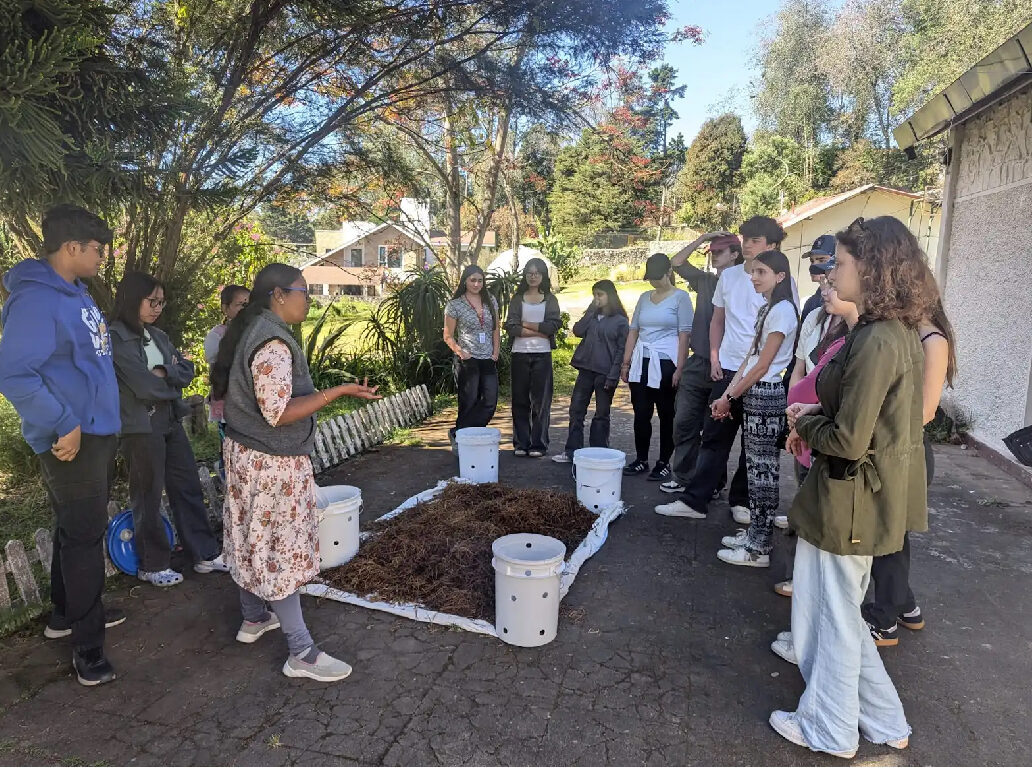
During our time in Kodaikanal, we had the opportunity to explore both its natural beauty and rich history. We started with a relaxing walk around Kodaikanal Lake, taking in the fresh air and serene views before paddling on the lake to experience it from a different perspective. A historical walk led us to an old cemetery where early missionaries were buried, giving us insight into Kodaikanal’s past. Wildlife was also a highlight of our trip—we saw monkeys up close and even encountered bisons, which was both thrilling and a testament to the area’s rich biodiversity.
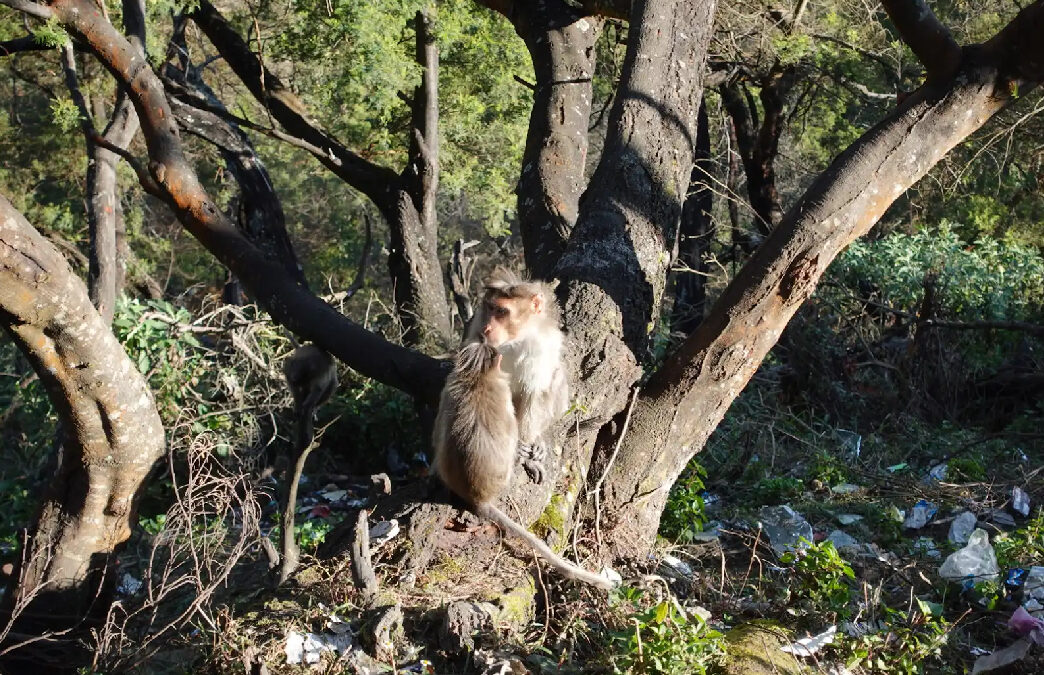
One of our most rewarding activities was a long hike to Poondi, where we were greeted by a stunning lake and a variety of bird species. We even planted our own tree, which we can track through a GPS app, allowing us to follow its growth and impact over time. Another hands-on experience was our mushroom cultivation workshop, where we learned the process of growing mushrooms. This gave us insight into sustainable food production and the science behind fungi cultivation.

Beatrice, one of the students on the trip shared:
“The trip to India was unlike anything I’ve ever experienced. From hiking through the hills of Kodaikanal to learning about environmental issues firsthand, every moment was eye-opening. It really changed how I see the world and made me appreciate the power of international collaboration.”
Beyond nature and history, we also engaged with the local culture. Visits to temples and churches helped us understand different religious traditions, while a trip to the bustling local market introduced us to fresh and exotic fruits we had never tried before.
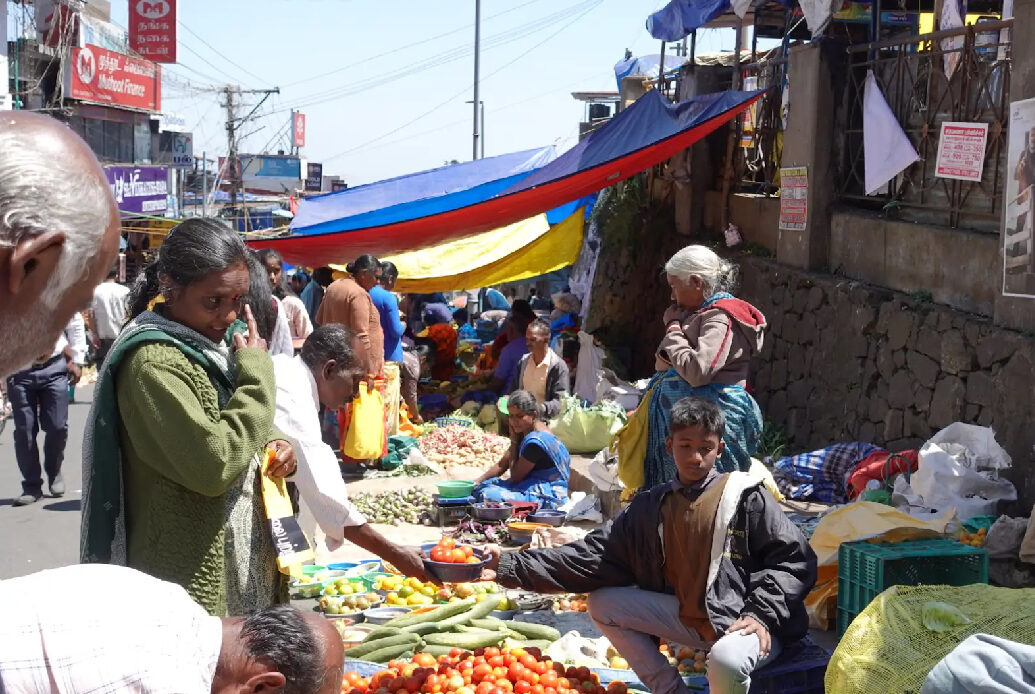
Our learning extended to environmental issues as well. At an environmental center, we attended a Panchagavya workshop, where we learned about sustainable farming techniques using natural ingredients. Experts also taught us about endemic species and the importance of conservation efforts.
Perhaps one of the most eye-opening experiences was learning about the Unilever mercury poisoning scandal, which exposed the devastating impact of industrial pollution on both the environment and human health. This visit reinforced the importance of corporate accountability and environmental responsibility.
Becky Allen, Vice Principal, shared her thoughts on the experience:
“It was a pleasure and a privilege to take a second group out to Kodaikanal this year. The trip began with a whirlwind tour of Mumbai before we travelled up to the mountains of Tamil Nadu. Our week was full of sunshine, wildlife, and adventures; it was great to see the students meet their peers from Kodai, and we are really looking forward to welcoming them to Oxford in June.”
In June, the students from Kodaikanal will visit Oxford, where we will continue our projects together. This trip was more than just a school visit—it was an opportunity to learn, connect, and see India in a way we never could have as regular tourists.
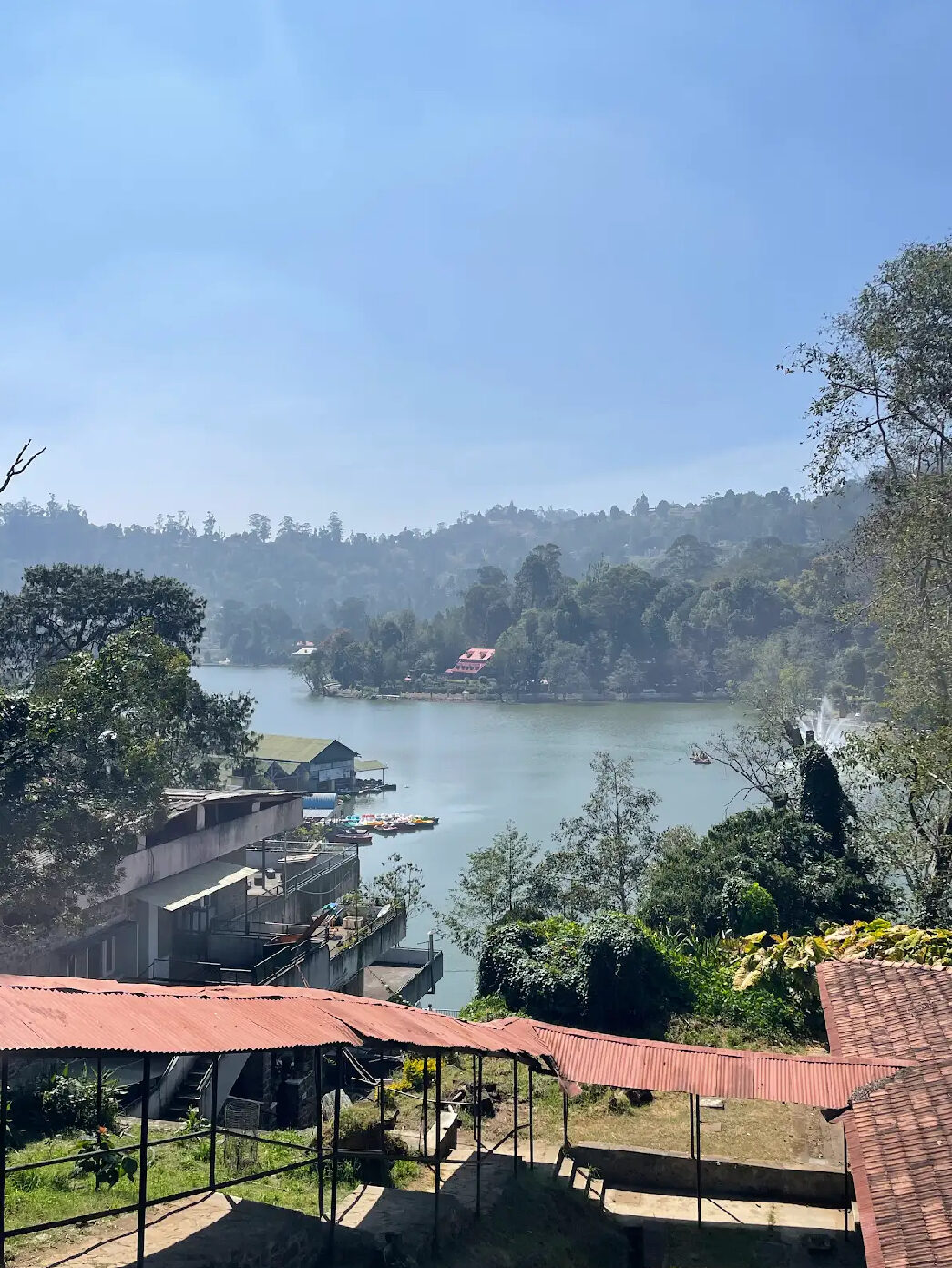
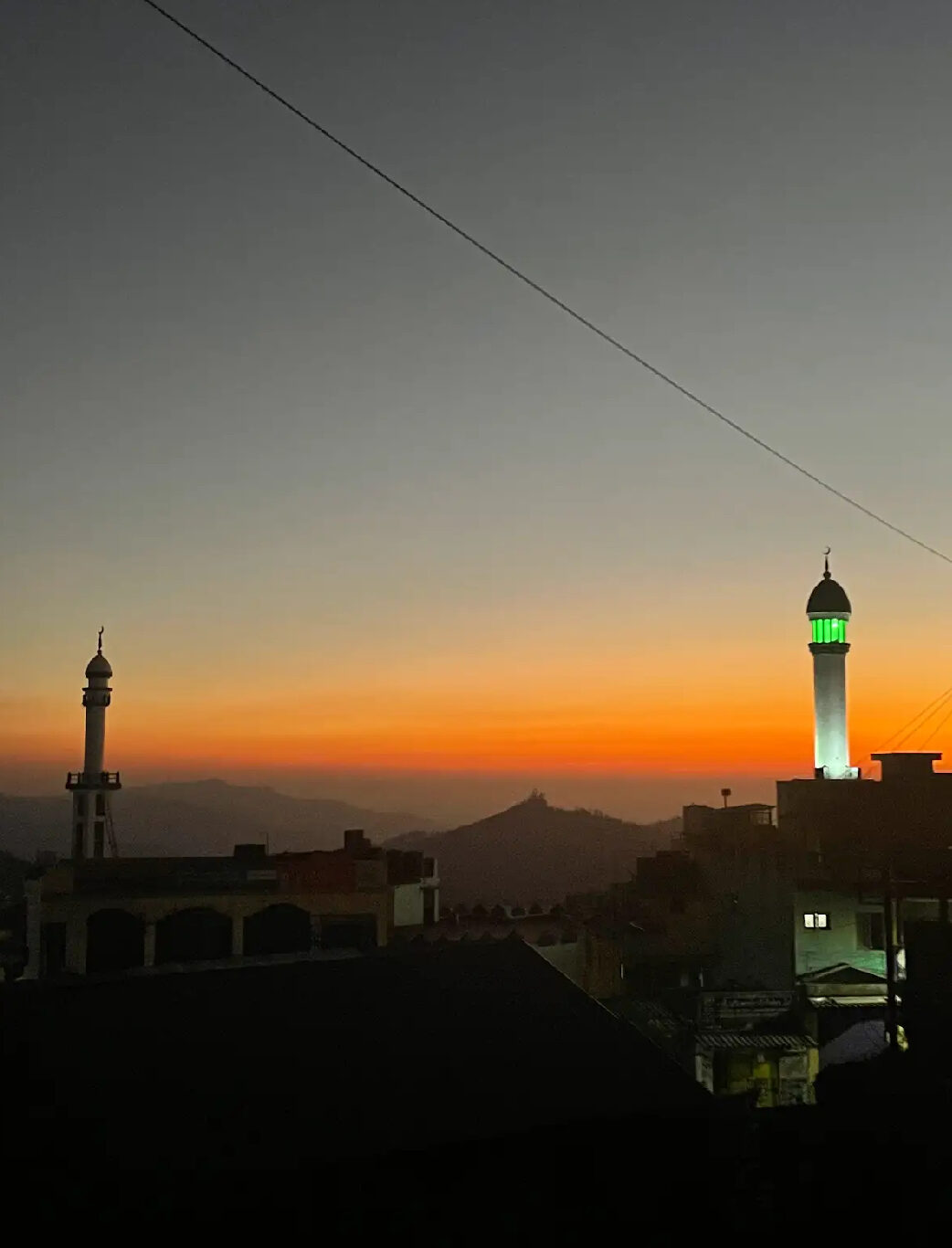
Written by Ömer – IB26 student
